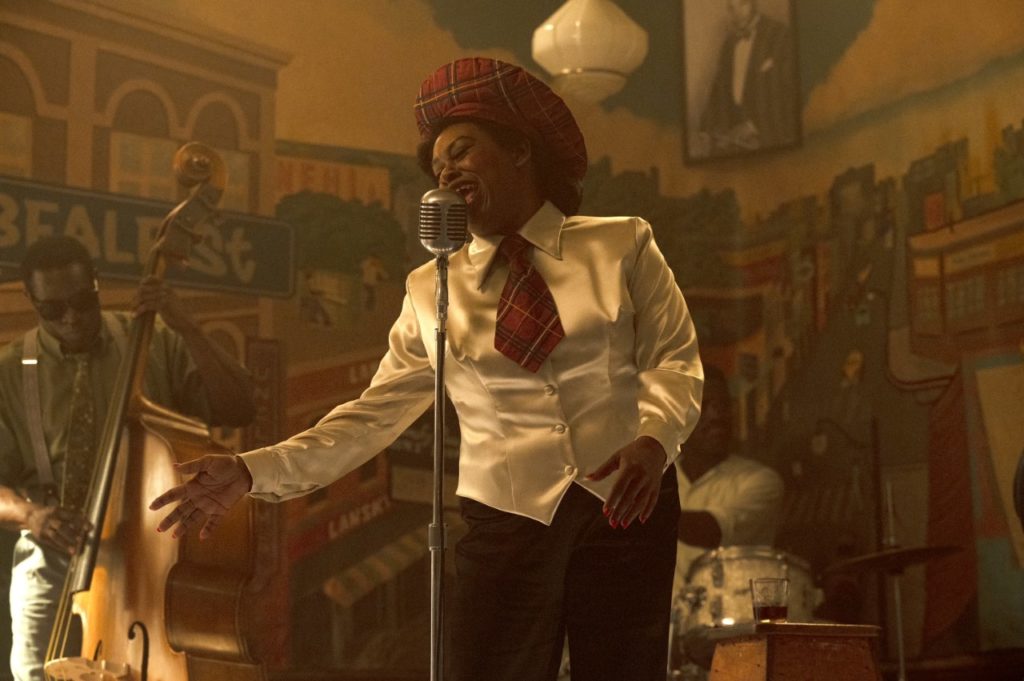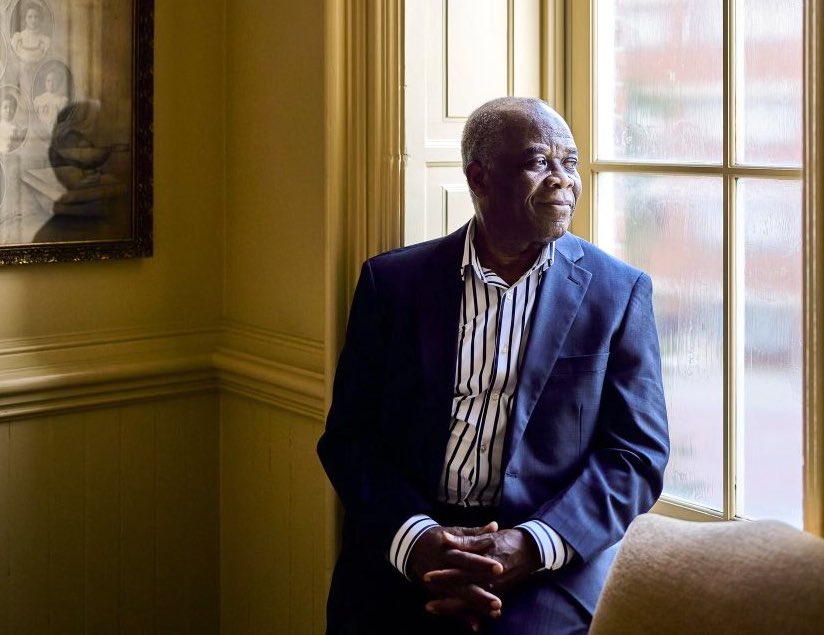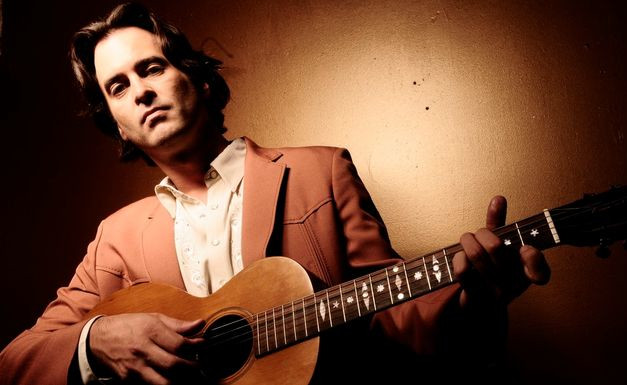
Nashville, being Music City and all, mourns its share of celebrities each year. In 2022 alone, we lost Loretta Lynn, Naomi Judd and Jerry Lee Lewis, among others. And there are the political figures, such as Honey Alexander, who have left their mark.
But not every person who makes Nashville special is a household name. Some of the biggest contributors to our community are people who you may not have known about until they died — and perhaps don’t know about still.
So, in honor of the countless people who make Middle Tennessee great, we remember these seven who enriched our lives.
— Chas Sisk, senior editor & interim news director

Tallu Schuyler Quinn
Tallu Schuyler Quinn would have been a remarkable person even if she hadn’t written a book. A seminarian who returned to Nashville to start the Nashville Food Project, Quinn demonstrated a “kind of ordinary goodness” that drew people to her. Then, in the summer of 2020, Quinn started writing about her experiences as she was treated for brain cancer. Those essays were collected in a book, “What We Wish Were True,” published posthumously.
Quinn was 42 when she died. Her husband, Robbie, remembered her in a conversation with This Is Nashville‘s Khalil Ekulona two months after her death.
More: Nashville Food Project founder Tallu Schuyler Quinn remembered for her ‘ordinary goodness’ (Obituary, Feb. 18)

Robert Hicks
Robert Hicks’ first novel, “The Widow of the South,” was a bestseller. The book told the story of a woman who turns her plantation home into a field hospital during the Battle of Franklin, fueling interest in preserving some of Williamson County’s most important Civil War battle sites, including Carnton Plantation and the Carter House.
But even before he was nationally famous, Hicks was a figure in Nashville’s literary scene, having worked as a journalist and publisher in the music industry, and a known connoisseur of life’s finer things, including antique furniture, art and whiskey.
Just three days before his death from bladder cancer, Hicks threw a party for his friends to mark the “palindrome” date of Feb. 22, 2022, continuing a tradition his own father had started as a young man a century before. The next day, Hicks texted each of the party’s 50 guests individually to say “Thank you” for attending.
Hicks was 71.
More: Friends remember Franklin historian, preservationist and ‘scribbler’ Robert Hicks (Obituary, March 17)

Shonka Dukureh
Shonka Dukureh toiled for years as a gospel singer. Then she got her big break. Selected from a group of about 50 singers, Dukureh was cast as Big Mama Thornton in Baz Luhrmann’s Elvis Presley biopic, released over the summer.
Dukureh belted out Big Mama’s original version of the song “Hound Dog” that would become one of Presley’s first big hits. Dukureh told WPLN’s Nina Cardona that it was an honor to play a “tower of a woman” — in stature, talent and confidence — and that her next project was going to be an album of Billie Holiday tunes. But just a month after the movie’s premiere, Dukureh was found dead in her Nashville apartment from cardiovascular disease.
Dukureh was 44.
More: Nashville gospel singer Shonka Dukureh dies at 44, just one month after her movie debut in ‘Elvis’ (Obituary, July 21)

Paul Kwami
Paul Kwami’s journey to acclaimed musician began in Ghana, as a 4-year-old at his father’s feet listening to a spiritual. It ignited a love for the form that would bring him to study music at Fisk University in the early 1980s and earn a slot in the Jubilee Singers. Barely a decade later, he would be back at the school as the choir’s director.
Under Kwami’s leadership, the Fisk Jubilee Singers celebrated its 150th anniversary; won a Grammy, a Dove Award and the National Medal of the Arts; and it was inducted into the Gospel Music Hall of Fame. But, perhaps more importantly, Kwami served as a mentor to two generations of music students, several of whom reflected on his life in a dedicated episode of This Is Nashville.
Kwami was 70.
More: Paul Kwami, longtime Fisk Jubilee Singers music director, has died (Obituary, Sept. 11)
More: Radio Special: Three Castles And The Music City — 150 Years Of The Fisk Jubilee Singers

Leslie Jordan
For Gen X’ers, Leslie Jordan was immediately recognizable as the side character Beverly Leslie on the sitcom “Will & Grace.” As a barely closeted Southerner, the character’s debt to Truman Capote was obvious, and it could easily have come off as cliché. But Jordan played the role to perfection, holding his own even as he was often paired with the scene-stealing Megan Mullally.
Jordan somehow outdid that performance during the pandemic, when his Instagram account swelled to 5 million followers — largely thanks to his frequent doses of good cheer as he rode out isolation in his hometown of Chattanooga.
And the fun didn’t end when quarantine did. Last summer, Jordan was the grand marshal of Nashville’s Pride parade.
Jordan died in a car accident, likely triggered by a medical episode. He was 67.
More: Beloved character actor and Tennessee native Leslie Jordan dies at 67 (Obituary, Oct. 24)

Peter Cooper
Few Nashville obituaries written in 2022 were more personal than the tributes to Peter Cooper. He was one of the nation’s best-regarded music critics, especially in the country genre, but just as importantly for many journalists in Middle Tennessee, he was a down-to-earth guy who always took the time to stop what he was doing and say hello.
Cooper’s career in Nashville began at The Tennessean, writing about the famous and the not-yet-famous. It took him to positions at the Country Music Hall of Fame and Vanderbilt University. He was an accomplished musician himself, performing on late-night television as a bassist with Todd Snider (a gig he’d just completed when I first met him) and receiving a Grammy nomination for an album of children’s music.
Cooper died from a head injury sustained in a fall. He was 52.
More: Music journalist Peter Cooper has died (Obituary, Dec. 8)

Bobby Lovett
It’s unlikely that anyone knew Nashville’s history better than Dr. Bobby Lovett. The Memphis native wrote or co-wrote eight books with his adopted city at the forefront, including a comprehensive history of Black Nashvillians from the city’s beginnings to the 1930s. In doing so, Lovett reshaped how many people thought of Nashville, deepening the story beyond the perception of it being all about country music.
If that weren’t enough, Lovett also taught and served as a dean at Tennessee State University. He advised historical societies and local Black-owned businesses, and he was often willing to step up to the podium when circumstances called for someone to speak to a crowd about the finer points of Nashville history.
Lovett was 79.
More: Dr. Bobby Lovett, noted historian, author and former TSU dean, has died (Obituary, Dec. 26)

